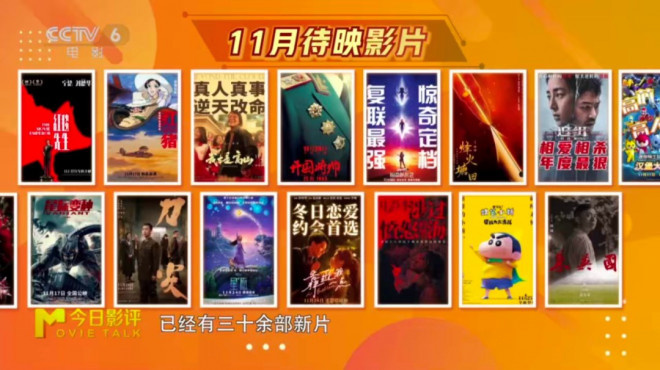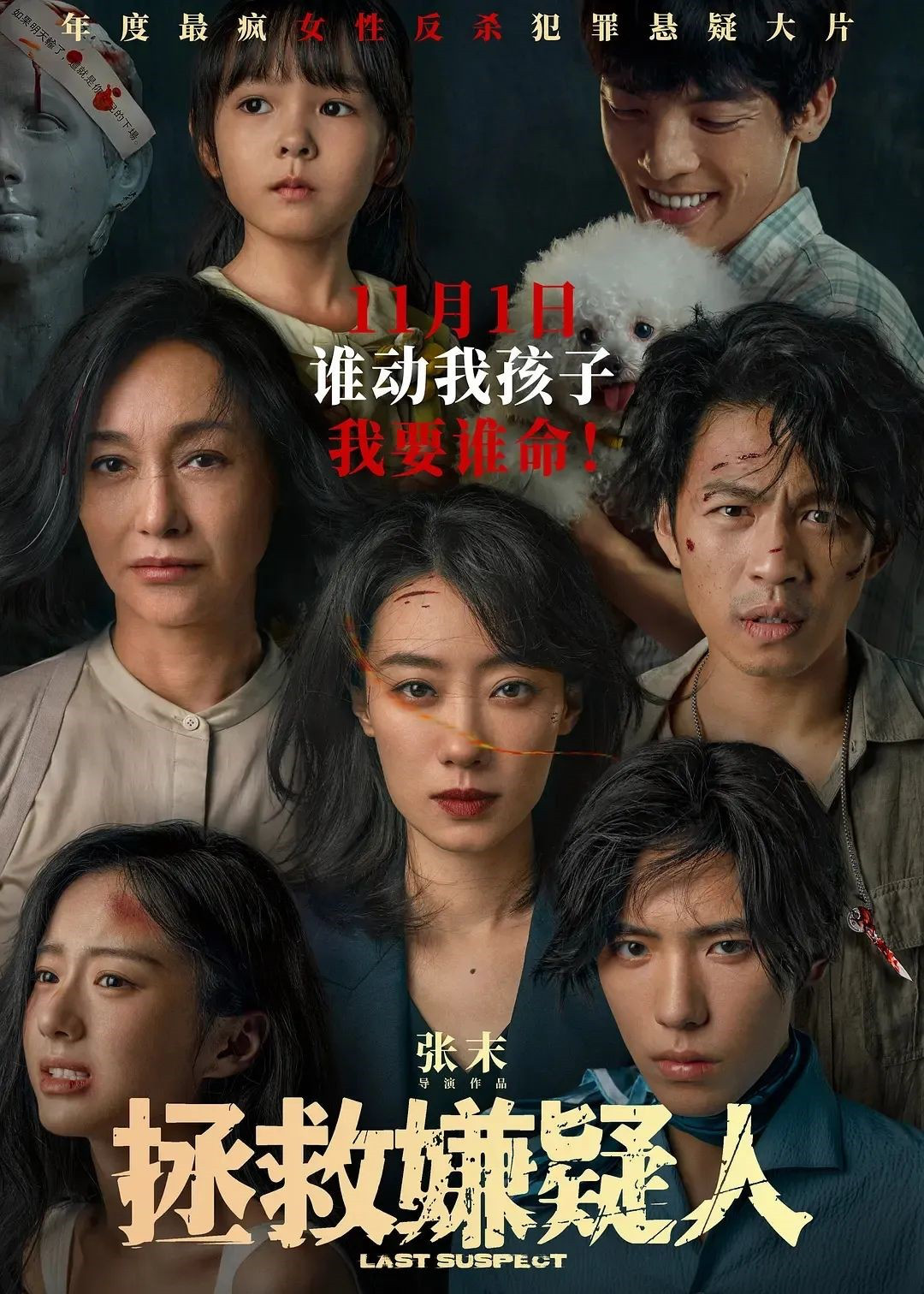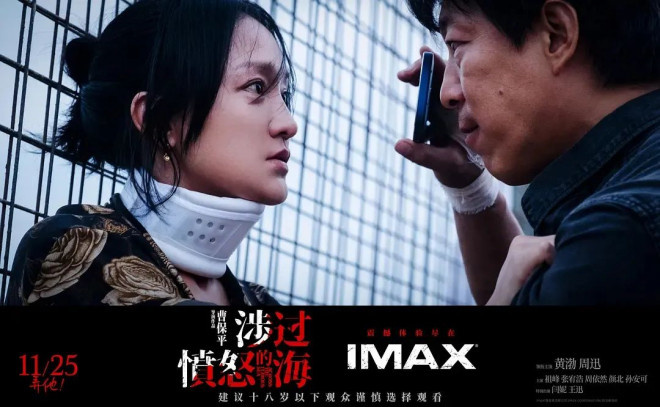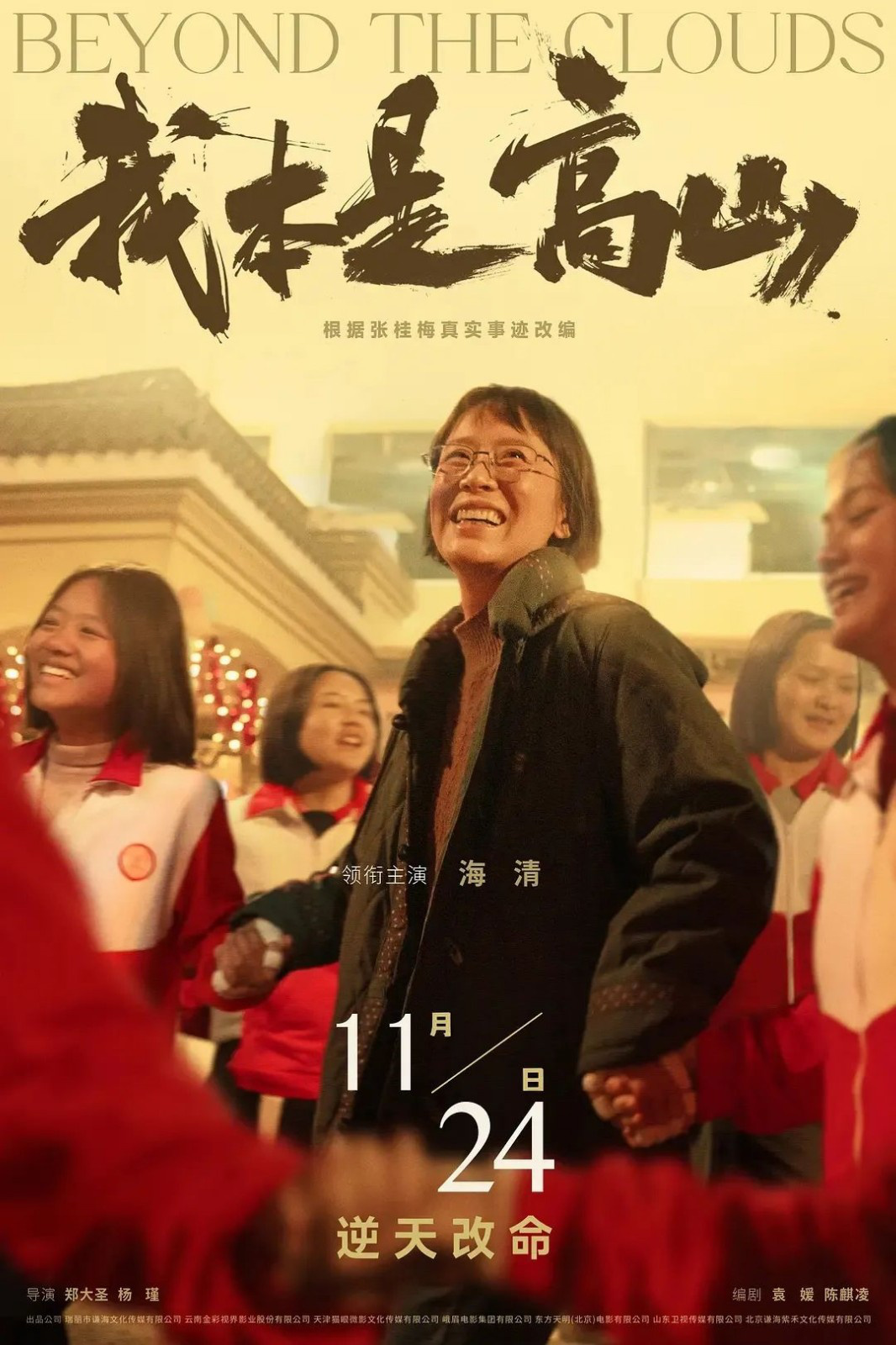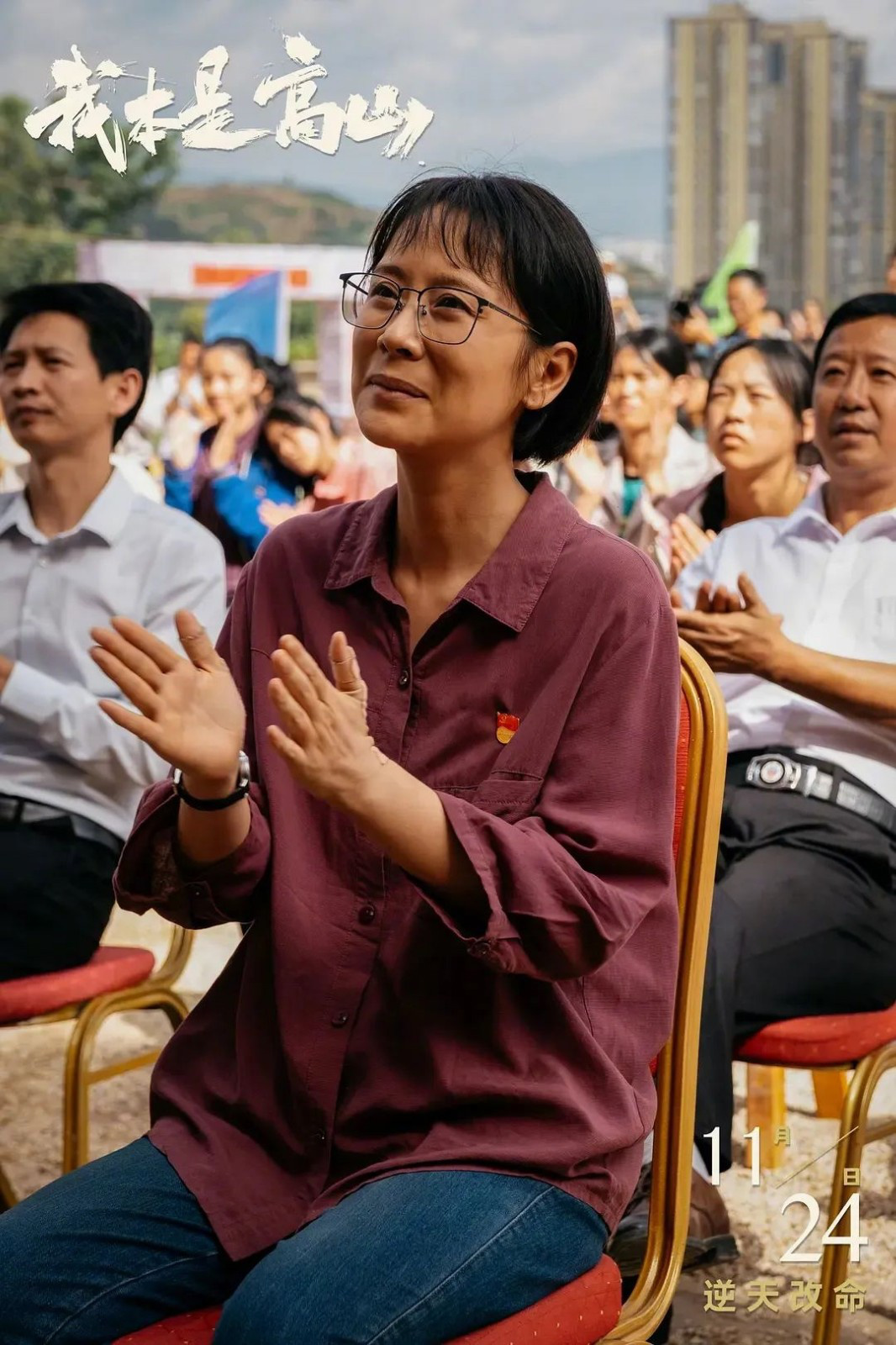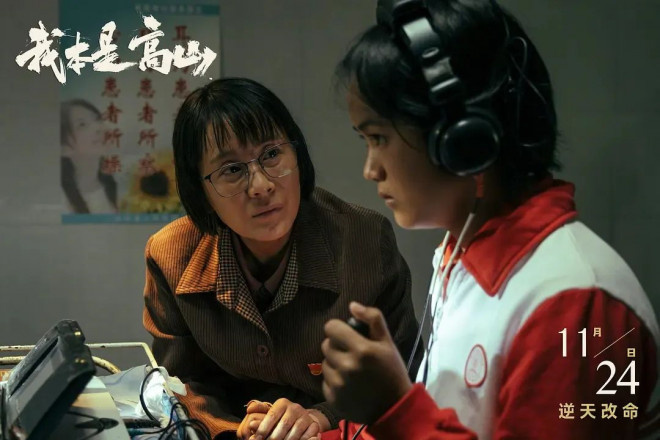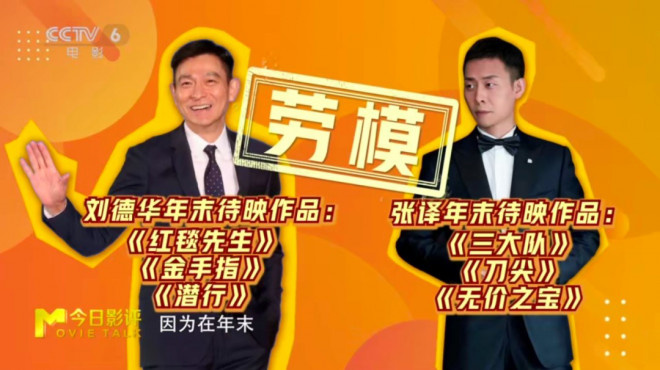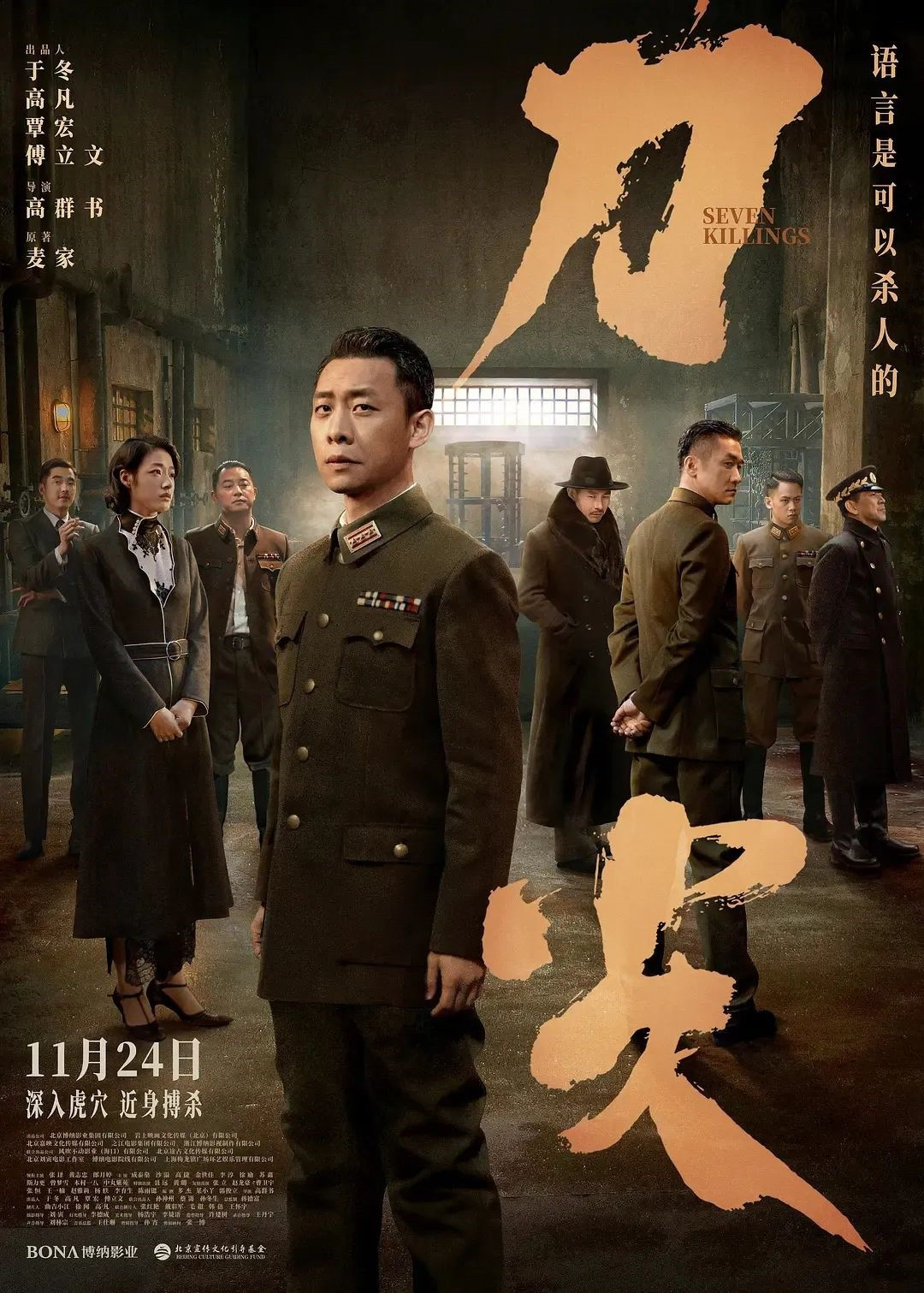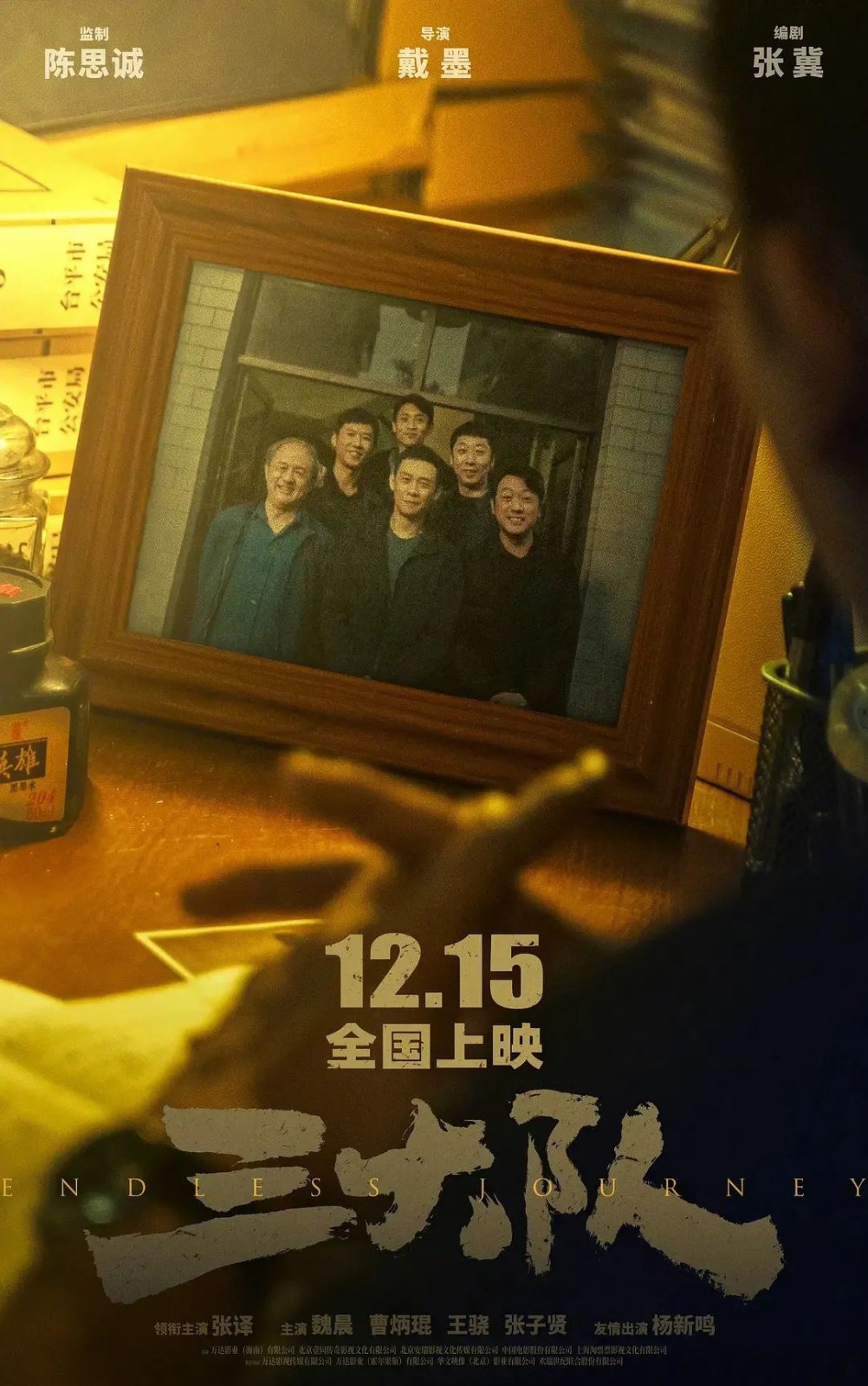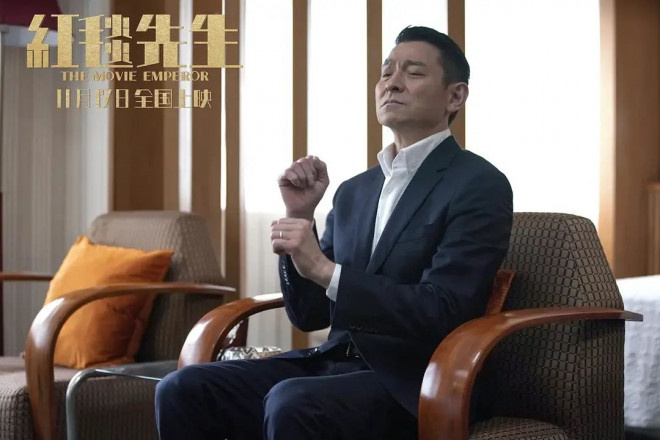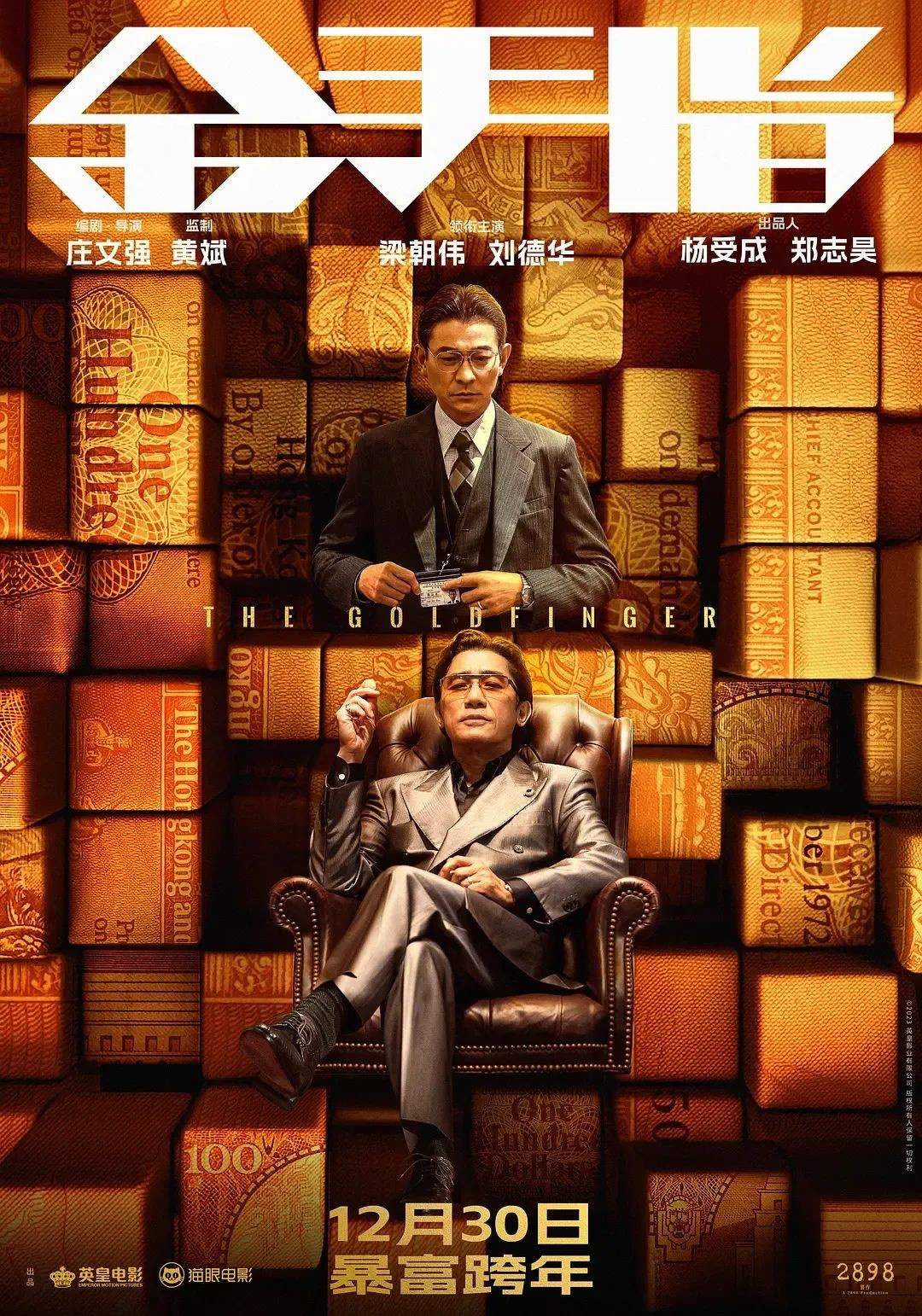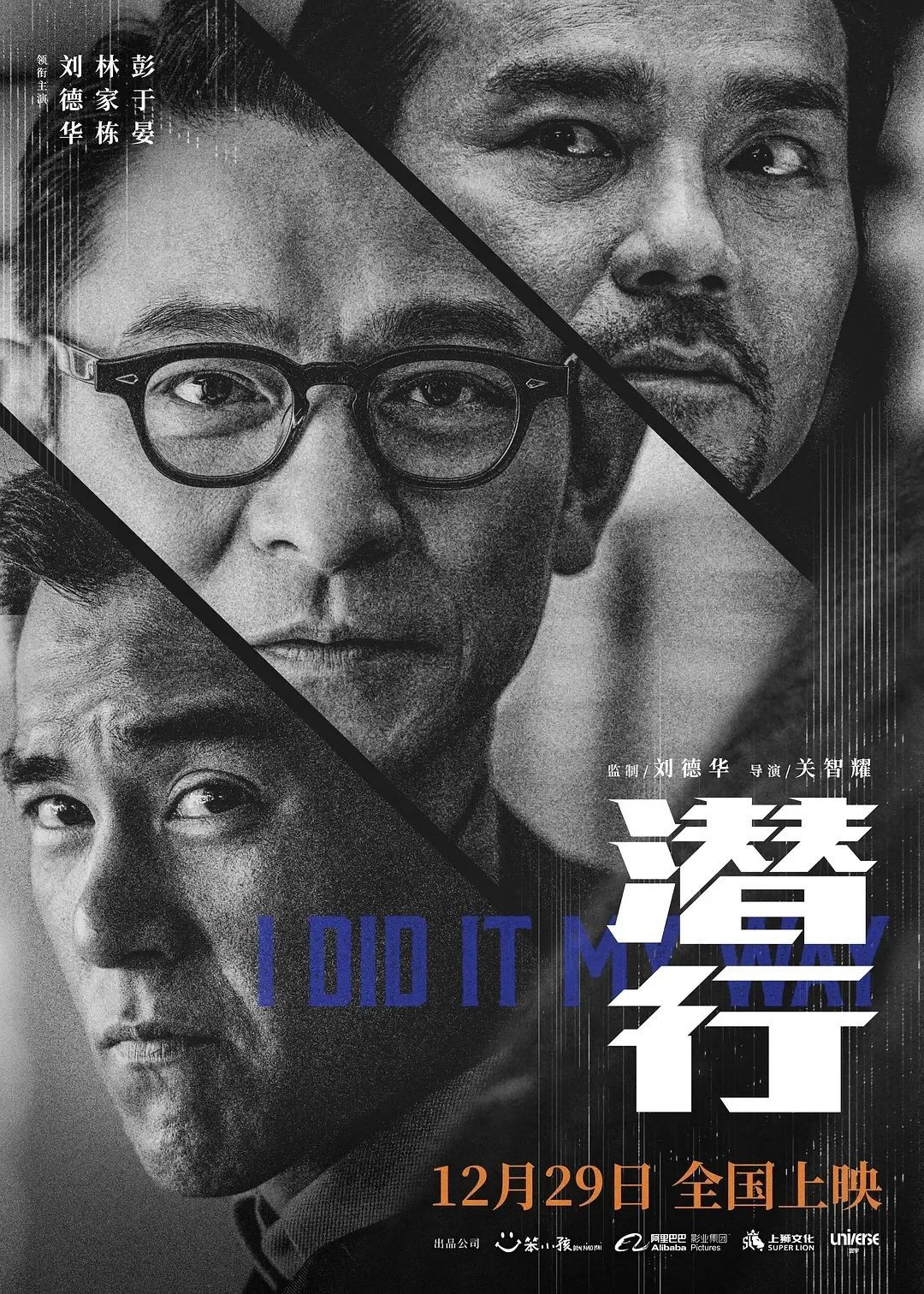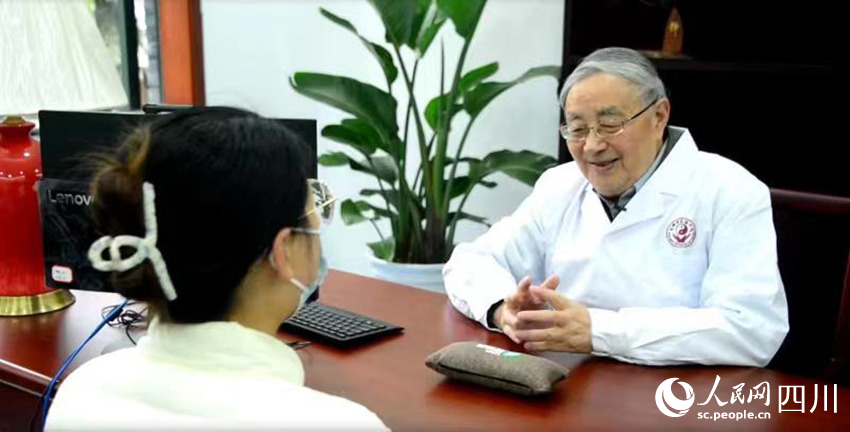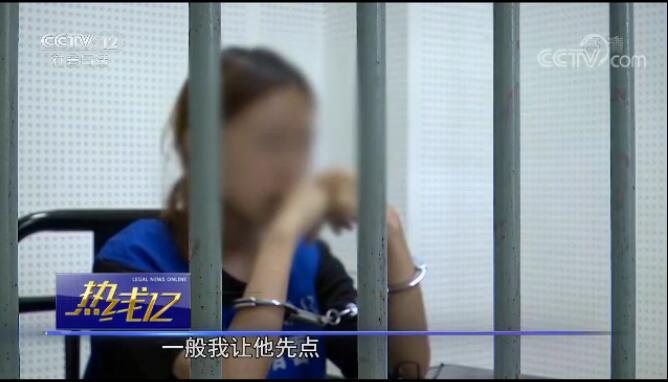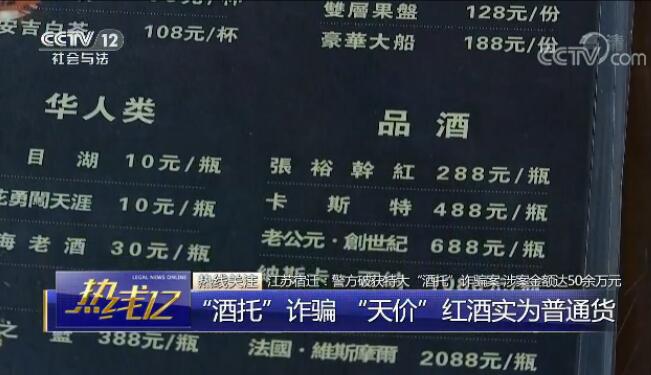
On August 2 nd, children learned to use the intelligent garbage sorting and recycling machine in the "garbage sorting" summer classroom activity in Licang District, Qingdao. Photo by Wang Haibin (People’s Vision)

On June 27th, in the Steel Ball Community of Erlang Street, Jiulongpo District, Chongqing, two staff members of Chongqing Environmental Sanitation Group were sending the sorted perishable garbage into a special perishable garbage transport vehicle. Xinhua News Agency reporter Liu Yushe

On August 13th, Chen Liangen (pictured right), a garbage collector in Xin ‘an Town, Deqing County, Zhejiang Province, collected agricultural harmful waste at the breeding base of freshwater shrimp farmers in Xinqiao Village of this town. Photo by Yao Haixiang (people’s picture)
What is the use of leftovers? What process does a plastic bottle go through before it can become a useful material? How to deal with waste electronic products and expired drugs to reduce the harm? Once upon a time, our impression of garbage sorting and recycling was a loud voice shouting in the early morning of the community — — Collect junk! Today, the Internet of Things intelligent recycling machine, garbage sorting applet, anaerobic microbial degradation system, etc., make garbage sorting and recycling become "high", and more recyclable garbage becomes renewable resources.
On July 1, the Regulations on the Management of Domestic Waste in Shanghai was officially implemented, which triggered a heated discussion among netizens. On the same day, four topics related to garbage were listed on Weibo Hot Search List. In addition to Shanghai, people are concerned about when their cities will start to implement strict garbage sorting policies. According to the requirements of the Ministry of Housing and Urban-Rural Development, by 2020, all cities will fully implement the garbage sorting system, and 46 cities as the first pilot will initially establish the garbage sorting treatment system. Some enterprises have a keen sense of smell. In early July alone, about 200 garbage sorting enterprises were registered.
What’s the use of kitchen waste?
Less than 8 o’clock every day, Li Ming sets off in a closed electric tricycle. His destination is the kitchen waste drop point in Donghuashi Street, Dongcheng District, Beijing, which is the green vat where residents dump leftovers. His job is to sort the kitchen waste and transport it to the centralized point, and hand it over to the staff of the sanitation group for subsequent treatment.
Summer in Beijing, even in the morning, is full of enthusiasm. After Li Ming opened the green bucket, he first took a photo, recorded the original release status, and then put on gloves to sort out impurities other than kitchen waste such as plastic bags that residents threw wrong. In a short time, sweat appeared on his forehead. At this time, he took a measuring rod from the car, reached into the bucket to detect, and transmitted the data and the sorted trash can photos to the system. He told us: "In summer, kitchen waste is easy to breed mosquitoes, and we need to clean and deodorize the trash can."
Li Ming is an employee of Beijing Tianlong Tianjie Company. The company has 204 kitchen waste bins in the whole street of Donghua City, and each staff member is responsible for about 10 to 15 bins. Liu Quan, the manager of the company, said: "The first step of garbage sorting, recycling and reuse is residents’ putting in. If the work in this step is not done well, the following steps will be affected. Garbage sorting means doing ‘ People ’ Work. "
For decades, Liu Quan has explored a set of effective methods. "We tell residents about the necessity of garbage sorting through leaflets, activities and publicity. Invite street workers and party member cadres to visit the garbage treatment plant, let them see how much garbage Beijing will produce every day through field visits, and realize the harm of mountains of garbage to the environment. Their consciousness has suddenly improved, and more and more residents have begun to consciously put it in. " In the case that the amount of kitchen waste generated is generally stable, the amount of kitchen waste in the community has increased from 60 tons per month at the beginning of 2018 to more than 150 tons per month now, and it has entered the recycling channel.
It is understood that the domestic waste in China has the characteristics of "three highs and one low", that is, high water content, high impurity, high organic matter content and low calorific value. Chinese people’s eating habits make kitchen waste account for about 50%-60% of the garbage. This kind of wet garbage has high moisture content and low calorific value. It takes 5-7 days to discharge 20%-25% of the total garbage, and the calorific value can reach the most suitable combustion conditions.
According to the characteristics of kitchen waste in China, some enterprises are constantly exploring. The project of Guangzhou East Biomass Comprehensive Treatment Plant invested, constructed and operated by Langkun Environment Group is one of them.
The relevant person in charge of the factory said: "We mainly deal with catering waste, kitchen waste, etc., and adopt the process of pretreatment+combined anaerobic digestion+comprehensive utilization. At present, the contracted processing scale for the six districts in downtown Guangzhou is 400 tons of catering waste, 600 tons of kitchen waste, and 2,040 tons of other kinds of biomass waste. It is currently the largest urban organic waste treatment project in the world. "
How to solve the problem of many impurities and complex components in kitchen waste? The relevant person in charge of the factory said: "After the kitchen waste is delivered to us, we must first remove impurities, which is the most difficult in all aspects of kitchen waste treatment. The way we take is to carry out high-pressure pressing separation. The purpose is to realize the dry-wet separation of kitchen waste and get wet components (organic matter) and dry components (impurities). "
The factory adopts automatic ultra-high pressure garbage pressing device, and the separated garbage can be turned into "treasure", in which the wet component is used for anaerobic fermentation, and the biogas generated in anaerobic fermentation can be converted into electric energy; Anaerobic fermented biogas residue can be processed into bio-fertilizer raw materials after dehydration. The dry components are used for incineration to generate electricity.
How can a beverage bottle be reborn?
According to the data released by the United Nations Environment Programme, nearly 17 million barrels of crude oil are consumed in the production of beverage bottles worldwide every year, 13 million tons of plastic waste flows into the ocean every year, and about 15 million marine creatures die from plastic waste. One million beverage bottles are sold every minute in the world, and it takes 450 years for plastics to decompose in the natural environment.
Are the plastic bottles we throw away really useless? What kind of life course will a plastic bottle go through after it leaves the consumer? A few days ago, we visited Yingchuang Renewable Resources Recycling Co., Ltd., located in Shunyi District, Beijing, and felt the process of beverage bottles from discarding to rebirth.
Put an empty plastic bottle into Yingchuang’s H-31 intelligent recycling machine for beverage bottles, only to see the bottle turn several times in the recycling machine and then fall into the recycling bin. However, if an unfinished bottle is put into the recycling machine, it will not fall into the recycling bin. It turns out that this recycling machine can sense the weight of bottles. Compressing the recycled empty bottles can reduce the cleaning cost of workers and improve the recycling efficiency.
After the recycling is completed, users can choose to donate or receive coupons and get rebates. When choosing coupons, they don’t need to download the mobile phone application, and the whole process from returning bottles to redeeming points can be completed through WeChat applet.
Consumer participation ends here. However, for the plastic bottle in the recycling machine, this is only the first step in its regeneration journey.
Plastic bottles entering the recycling machine will be compressed, waiting for more bottles to fill the recycling bin. The staff of Yingchuang told us that whether the recycling machine is working normally and whether the recycling bin has been filled can be sent back to the background in real time. According to the situation of each recycling machine, the backstage can arrange the optimal treatment route for the cleaning personnel nearby.
After that, these plastic bottles will be transported to the sorting station for sorting and packaging, and pressed into bottle bricks to enter Yingchuang Recycling Factory.
The bottle body can be recycled. How to recycle the label on the bottle cap and bottle? Can labels and bottle caps be made into bottles after recycling?
It turns out that a beverage bottle can be divided into three parts. Among them, the bottle body can realize the "bottle-to-bottle" level conversion, and after recycling, it is still food-grade and can also hold drinks. But bottle caps and labels are not. After Yingchuang automatically sorts the recovered bottles, it removes the caps and labels and handles them in other ways. Finally, the PET (poly (terephthalic acid) plastic) beverage bottles enter the recycling plant.
Yingchuang’s staff also showed us several kinds of crystal particles, all of which were broken and cleaned beverage bottles. These glittering and translucent plastic fragments are restored to cleanliness, waiting to be processed into recycled polyester chips or directly reborn.
At present, the annual consumption of plastic bottles in China exceeds 5 million tons, about 200 billion, ranking first in the world. Yingchuang processes 50,000 tons of waste PET beverage bottles every year, which is equivalent to saving 300,000 tons of oil.
The story of a bottle will continue.
Can harmful waste become harmless?
Kitchen waste can be converted into biogas and burned to generate electricity, and plastic bottles can be crushed and reused. What should we do with the expired drugs, remote controls and other discarded batteries in people’s small medicine boxes?
In June 2016, the new version of the National Hazardous Waste List was released, and family expired drugs were impressively listed. Once the drug expires, it will not only lose its therapeutic effect, but also be harmful to the human body. However, if the expired drugs are discarded and burned together with ordinary domestic garbage, it will seriously harm the environment, resulting in excessive antibiotic components in soil and water.
Expired drugs are very harmful, but the treatment of expired drugs in China is insufficient. The White Paper on the Recovery of Family Expired Drugs in China shows that about 78.6% of families in China have "small medicine boxes", and more than 80% of them don’t have the habit of cleaning them regularly. Few people know how to deal with family expired drugs correctly.
Even though there are many difficulties in recycling expired drugs, you have not given up. Since 2004, Guangzhou Pharmaceutical Group Co., Ltd. has been holding expired drugs recycling activities from March to August every year. At present, GPHL has recovered more than 1,500 tons of expired drugs.
The recovered expired drugs will be sealed and packaged, labeled, indicating the recovery point, handler, recovery unit and recovery date, transported to the abandoned waste treatment plant by the dangerous goods transport vehicle, treated by professionals, and put into the pyrolysis gasification incinerator for harmless treatment.
It has basically become a consensus that waste batteries and waste electronic products belong to harmful waste. E-waste only accounts for 2% of the global landfill waste, but it accounts for 70% of all hazardous waste, which seriously harms the environment. But at the same time, waste electronic products may turn waste into treasure. The International Telecommunication Union estimated that the value of gold thrown into the waste heap in 2016 was $21.5 billion and the value of copper was $13.9 billion.
The Implementation Plan of Extended Producer Responsibility System issued by the General Office of the State Council pointed out that producers should be responsible for the resource and environmental responsibilities of their products throughout their life cycle. In other words, for the manufacturers of electronic products, we should not only manage the production links, but also grasp the links of battery recycling.
Now, the power batteries eliminated from new energy vehicles can be applied to other fields in a step-by-step way to give full play to their use value. However, batteries whose performance drops below 30% have to be dismantled and regenerated to extract precious metals by chemical means.
The action of garbage sorting has gradually become a trend, and the garbage sorting industry is gradually forming a complete industrial chain.
Zhang Yi, chairman of the Environmental Protection Alliance of Strategic Emerging Industries in China, said: "Although developed countries started waste sorting earlier than us, no country has raised waste sorting to such a high level like China." According to Zhang Yi’s estimation, in the next 10 years, the industrial scale driven by garbage classification will be about 400 billion yuan.
China’s garbage sorting industry is gradually maturing. The life journey of garbage shows us that the garbage sorting industry is not only a public welfare undertaking to protect green water and green mountains, but also brings a blue ocean of commerce, allowing us to see the Jinshan Yinshan in garbage. (Zhang Pengyu Cao Yingyue)
